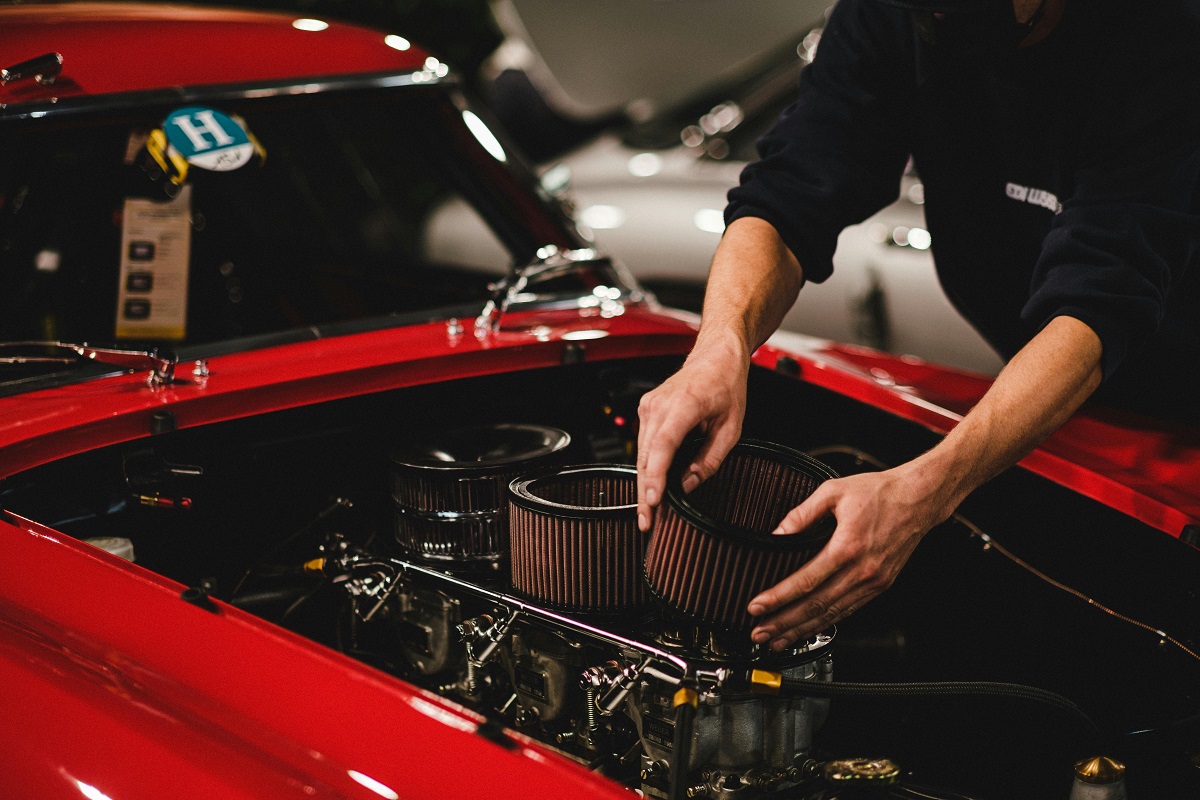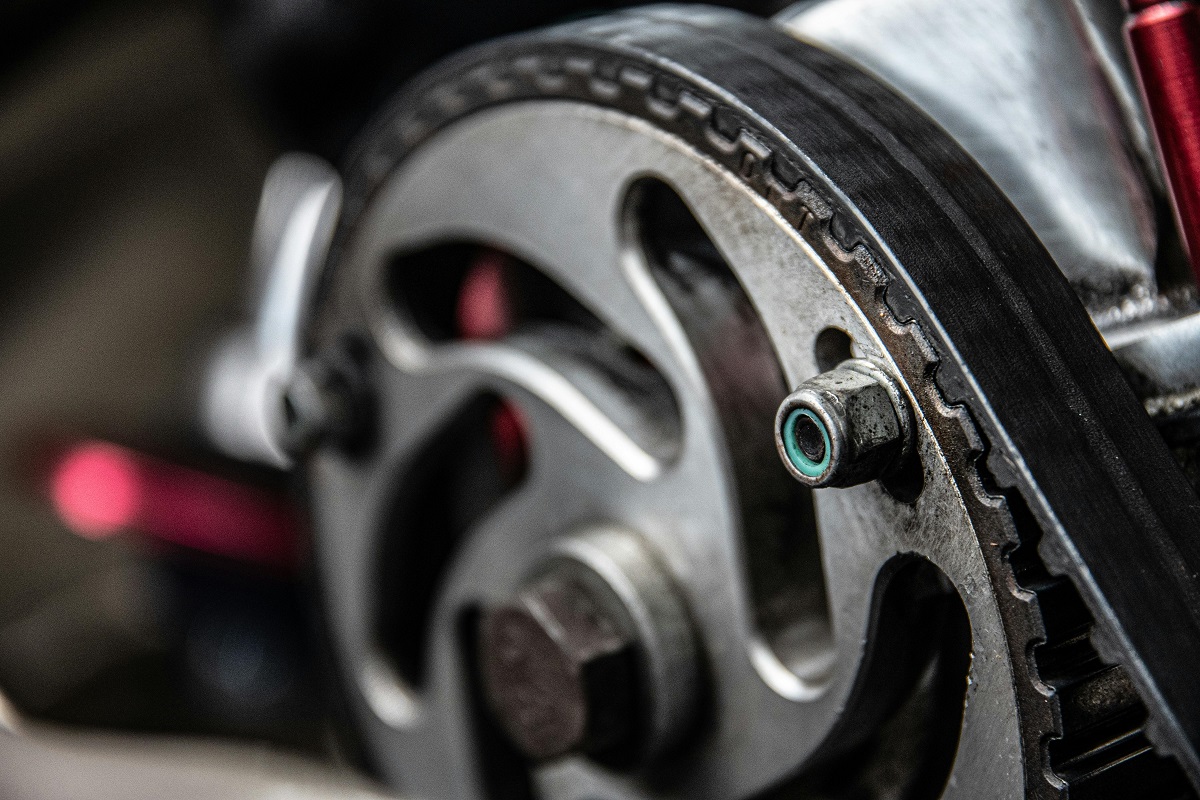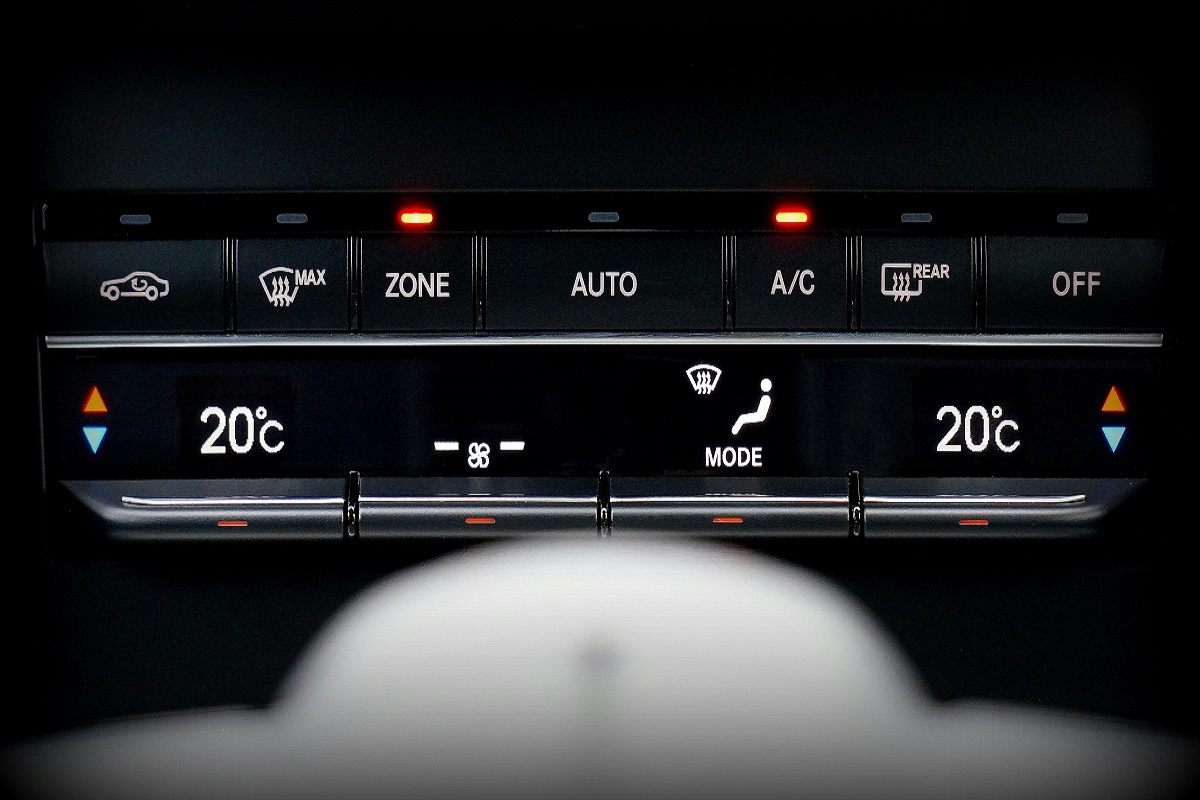Car maintenance is an essential part of vehicle ownership, but myths and misconceptions often lead to unnecessary costs. Many vehicle owners are misled into believing certain practices are necessary, only to find that they are wasting money on unneeded services or repairs. These myths can significantly impact your bank account and the long-term health of your car. By understanding what’s true and what’s not, you can make smarter decisions and save money.
You Should Always Change Your Oil Every 3,000 Miles

The 3,000 mile rule for oil changes is outdated, especially for newer cars with advanced engines. Modern vehicles often require oil changes every 5,000 to 10,000 miles, depending on the manufacturer’s recommendations. Over-changing oil not only wastes money but can also contribute to unnecessary environmental damage.
Premium Gas is Always Better for Your Car

Premium gasoline is often marketed as being better for your car, but if your vehicle doesn’t require it, you’re just throwing money away. Most cars are designed to run on regular unleaded, and using premium gas when it’s not necessary doesn’t provide any performance benefits. You’re better off sticking with the fuel your manufacturer recommends.
You Must Rotate Your Tires Every 5,000 Miles

While tire rotation is important for even wear, the 5,000-mile rule doesn’t apply to every vehicle. Tire rotation frequency should depend on your driving habits, tire type, and car model. Many manufacturers recommend rotating tires every 7,500 to 10,000 miles, so you may not need to rotate them as often as you think.
You Need to Replace your Air Filter Every 12,000 Miles

Although it’s a good idea to check your air filter periodically, replacing it every 12,000 miles is excessive. Air filters can last up to 30,000 miles or longer, depending on driving conditions and the type of filter. Replacing them too often doesn’t provide any real benefits and only adds unnecessary costs.
Related: 13 Jaw-Dropping Ways Autonomous VIP Limos Are Replacing Chauffeurs
Synthetic Oil is Only for High-Performance Cars

Synthetic oil is often viewed as a luxury, but it’s suitable for all types of vehicles, not just high-performance cars. Synthetic oil offers superior protection, improves fuel efficiency, and extends engine life, making it a worthwhile investment for virtually any vehicle. It may cost more upfront, but it can save you money in the long run.
Related: 12 Surprising Ways Memory Foam Seats Make Driving Feel Like First Class
The Bigger the Tire, the Better the Performance

Larger tires are often seen as a performance upgrade, but they may not provide the benefits you expect. Oversized tires can reduce fuel efficiency, increase wear on the suspension, and even make the vehicle harder to handle. Sticking to the manufacturer’s recommended tire size is usually your best bet for maintaining balance and performance.
Related: 13 Insane Ways Smart Headlights Are Outpacing Smartphones
You Can Skip Regular Brake Fluid Changes

Brake fluid is essential for your car’s braking system, and skipping regular changes can result in poor braking performance and even failure. The fluid degrades over time and absorbs moisture, which can cause corrosion in the brake lines. Most manufacturers recommend changing brake fluid every 2 to 3 years to maintain optimal performance.
Related: 12 Mind-Blowing AI Systems That Might Eliminate 90% Of Accidents
You Should Replace Your Timing Belt Every 60,000 Miles

While it’s true that timing belts wear out over time, replacing them every 60,000 miles is often unnecessary. Depending on your car’s make and model, the recommended timing belt replacement interval can be anywhere from 90,000 to 100,000 miles. Always follow the manufacturer’s guidelines to avoid unnecessary repairs.
Related: 15 Mind-Blowing Biometric Features That Will Replace Car Keys Forever
Using Cheap Parts Will Save You Money

While it may be tempting to buy cheaper aftermarket parts to save money, doing so can end up costing you more in the long run. Lower-quality parts can wear out more quickly, leading to more frequent repairs and replacements. Investing in high-quality parts from the start can save you from more costly repairs later on.
Related: 15 Shocking Facts About Anti-Theft License Plates That Could Save Your Car
Your Car is Fine as Long as it Passes Emissions Tests

Passing an emissions test doesn’t necessarily mean your car is in good condition. Many issues, such as worn-out spark plugs or a dirty air filter, may not trigger the emissions test but can still affect your car’s performance. Regular maintenance checks are essential to ensure your car is running efficiently and safely.
Related: 15 Hidden Truths About Pay Per Mile Car Insurance You Need to Know
You Shouldn’t Use the Air Conditioning in the Winter

Using the air conditioning in the winter can help maintain your car’s air circulation system and prevent moisture buildup, which can lead to musty odors and mold growth. It’s a good idea to run the AC occasionally during colder months to keep the system functioning properly. Not using the AC during the winter can reduce its effectiveness during the summer.
Related: 15 Ways Social Media Is Secretly Influencing Your Next Car Purchase
You Should Always Replace Worn-Out Tires with the Same Brand

While it’s important to replace your tires with similar models, they don’t necessarily have to be the same brand. As long as the new tires match your vehicle’s specifications and offer comparable performance, you can save money by choosing a more affordable brand. Always consult your car’s manual for the correct tire size and specifications.
Related: 14 Game-Changing Reasons Your Next Car Purchase Might Happen in the Metaverse
You Don’t Need to Replace Your Spark Plugs Until Your Car Starts Acting Up

Waiting until your car starts misfiring to replace spark plugs is a risky strategy. Spark plugs degrade over time and can affect engine performance, fuel efficiency, and emissions. Most manufacturers recommend replacing them every 30,000 to 100,000 miles, depending on your vehicle model.
Related: 13 Shocking Reasons Classic 4x4s Are More Popular Than Ever
Understanding the truth behind these common car maintenance myths can save you a significant amount of money. Instead of blindly following outdated or incorrect advice, rely on manufacturer guidelines and modern automotive insights. By making smarter decisions and maintaining your vehicle properly, you can extend its lifespan and reduce unnecessary costs. It’s essential to stay informed about the best practices for car care to avoid falling victim to these costly misconceptions.
Disclaimer: This list is solely the author’s opinion based on research and publicly available information.
13 Aging Beauties That Are Surprisingly Cheap To Maintain

Classic cars often come with the reputation of being expensive to maintain, but some hidden gems defy this expectation. These aging beauties offer timeless styling, solid engineering, and surprisingly low upkeep costs. Whether due to durable parts, simple mechanics, or widespread availability, these cars prove that owning a classic doesn’t have to break the bank. Here are 13 vintage rides that deliver charm without draining your wallet.
Read it here: 13 Aging Beauties That Are Surprisingly Cheap To Maintain
13 Car Batteries That Last Forever

A long lasting car battery is crucial for reliability, performance, and peace of mind. Some batteries stand out for their durability, efficiency, and ability to withstand extreme conditions. Whether you’re looking for AGM, lithium, or traditional lead acid options, these batteries have proven their worth. Here are 13 car batteries that deliver exceptional longevity, dependability, and consistent power.
Read it here: 13 Car Batteries That Last Forever
Mechanic-Approved! 12 Expert Answers to Your Car Problems

Keeping your car in top shape means understanding common issues and how to fix them. Whether it’s strange noises, warning lights, or performance problems, knowing what’s wrong can save you time and money. Here are 12 expert-approved answers to some of the most frequent car questions.
Read it here: Mechanic-Approved! 12 Expert Answers to Your Car Problems
You’ll love these related posts:
- 14 Wild Innovations Automakers Are Adding For Full-Time Van Life
- 14 Surprising Factors Driving The Revival Of Dune Buggies And Beach Cruisers
- 14 Surprising Reasons Your Next Set Of Tires Might Be 100% Vegan
- 13 Wild Ways Automakers Are Designing Signature Scents For Cars
- 15 Luxury Cars With Cabins So Quiet You’ll Think You’re In A Private Jet


